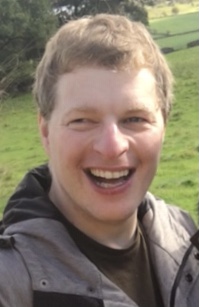Co-production: Disabled Young people and greater equality
By Blake Williamson, Quiet Riot

As a non-verbal communicator I encounter a different experience of connection and often have to demonstrate my capacity before being heard. Being a member of Quiet Riot gives me the space to lose all of these issues and encourages me to continue to expect a level playing field elsewhere.
I often share my lived experience of what it’s like to live with an impairment in a disabling world. I do this through lots of different organisations via consultation, discussion, and training. As co-production is my passion, and I believe the way the world should work, it is my preferred method. Where we are all seen as equal, coming together with a shared passion to exchange our knowledge and experiences, in an open and nourishing environment. The necessity to explore something has to begin with an open gathering to see what can be found out, with no preconceptions from anyone who presumes more power than others.
I feel this is important because many people do not understand how we live. My hope is that it helps others in similar situations when they feel that no one is listening or understanding the reality of their positions. The philosophy of ‘nothing about us without us’, underpins the real idea of co-production, where nothing is decided without everyone’s involvement.
Very often systems are reworked on a regular basis, for example, assessment processes, with very little real understanding of the impact those decisions have on the very people they are supposed to assist. Even if this is done through co-production, often the delivery is a postcode lottery for recipients. When guidance is woolly and caveats allow diverse delivery options, the bias that exists for that ‘organisation’ allows the embedded culture to dominate.
It is important these narratives are heard, to assist with the changes necessary for a more equitable rationale to exist.
![ALLFIE [logo]](https://www.allfie.org.uk/wp-content/themes/allfie-base-theme/assets/img/allfie-logo-original.svg)



